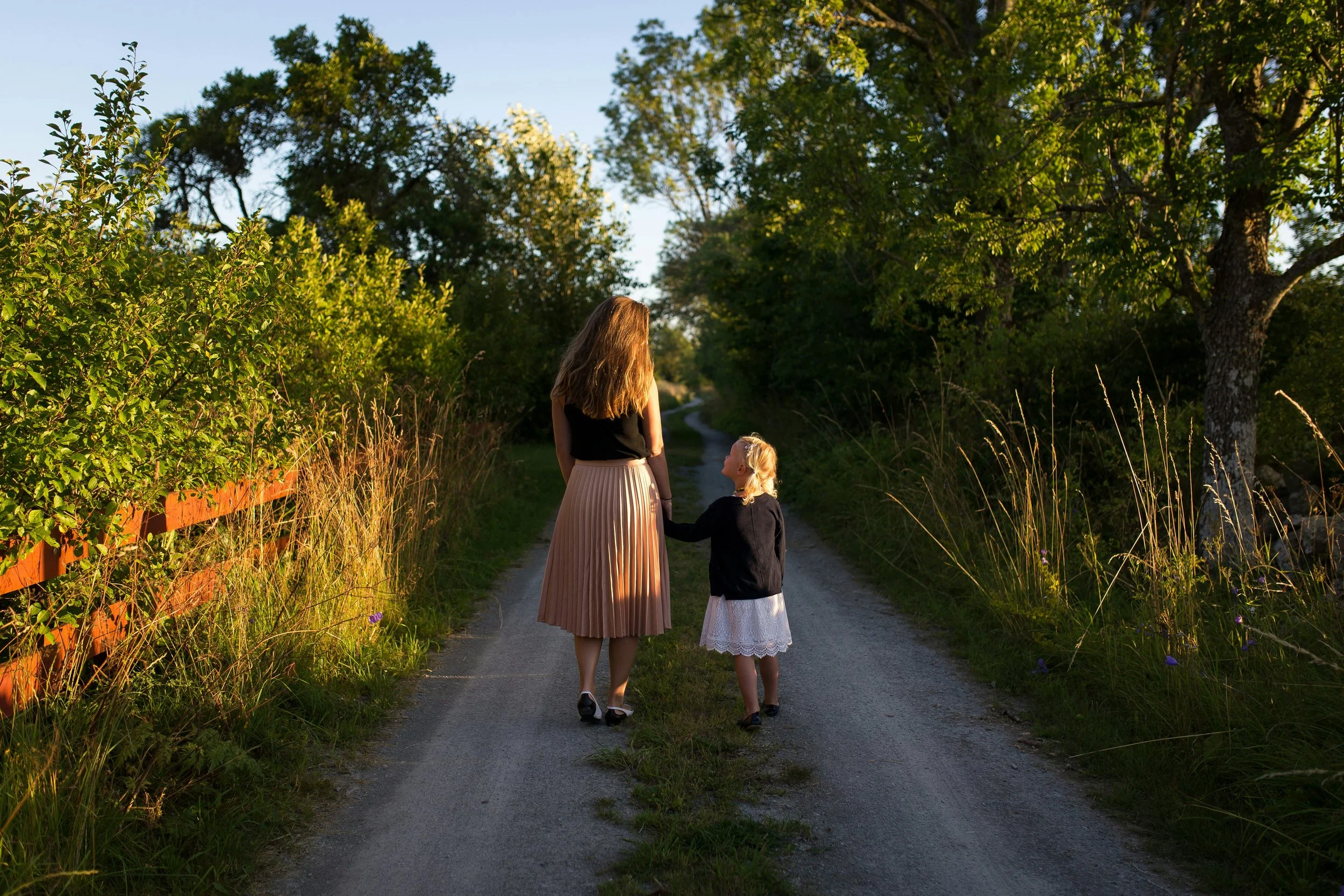Triggers
Reawakened Feelings and Heightened Sensations
As adults, we can be unaware of the impact our life experiences can have on us; it is in the present, in the lives we have chosen today, that those feelings and repressed symptoms can re-emerge.
Each experience and encounter in our lives as young children forms an imprint on our nervous system that becomes ignited and reflected in the encounters we have in our present lives. As our body holds the memory of each experience and remembers everything since birth, our present life is constantly re-awakening the “feelings” of the memories our bodies have held onto. This is most often an unconscious process. It is what is meant when we hear the word “trigger”.
Most people I speak with do not know what being “triggered” means or that there is a significant message behind these heightened emotional responses. We can instantly internalise this as “I am doing something wrong” when we feel anxious, overwhelmed, or shut down.
When explaining triggers to my clients, I translate it as follows: “It is the re-awakened emotions of body memories occurring in the present moment, that feel similar to those conscious or unconscious past experiences.”
Why would I place such importance on understanding this?
Because each of us has had a childhood, we have internalised messages, beliefs, and emotions learned and experienced so young that are buried deeply in the cells of our body unconsciously. We have soaked up the feelings attached to each experience and the feelings of those around us.
These unconscious internalised messages and feelings are acted out in our relationships throughout our lifetime. Within each of our adult selves, at our core, lies our creative life force of magic and wonder. Parallel to this also lies a shadow. In other words, our wounds, our pain. When we are triggered, we are unaware of our deepest wounds in those moments. We find ourselves reliving the feelings of past traumatic experiences, lashing out, projecting onto others, rather than reflectively responding and engaging with others in the present moment. If we are unaware of what feels stirred up and heightened within us, where this has come from, and not knowing how to nurture these sensations, we blame others or ourselves, which leaves us stuck.
What is Ours to Heal
I believe in the importance of learning what is ours to heal through compassionate self-awareness, accountability, and self-love.
The extent of our well-being, our sense of vitality, and our ability to ground and trust in ourselves deeply is most often a reflection of how we learned to feel in our younger lives.
When I use the word trauma throughout my work, it does not necessarily mean that awful things have happened. Throughout our lives, moment by moment, events can impact us, building up symptoms in our body, such as freezing, numbing, shutting down, living in heightened states of awareness, hypervigilance, or becoming overwhelmed. This is your body's way of telling you that there is something it wants you to listen to. When we experience panic, our prefrontal cortex (the front part of the brain) can temporarily shut down, which does not afford us clear thinking or the ability to make sound decisions.
Because your body is so wise, it has found ways to attract your attention when something isn’t feeling right. When you are triggered, you can sometimes feel a flood of emotion and at other times, feel disconnected from these difficult sensations, leaving you feeling like you are in a spin, dizzy and most certainly, ungrounded. In other words, not living in your body in those moments is most likely compensated by living in an over-busy mind. This is known as dissociation - when you feel like your head is in the garden, while your body is in the chair.
I believe that if we look deeply into what has happened in our lives, one of the greatest traumas we can experience is fear as children. As a protection, we can lock this fear away as adults, disassociate from this feeling, and deny it, which allows us to live a high-functioning life. However, without the full capacity of our nervous system, we are unable to live a vibrant life energetically.
When we are unaware of our fear, a deep-rooted fear within, we protect ourselves through other emotions, such as rage, anger, bitterness, feeling out of control, powerlessness, helplessness, humiliation and shame.
I encourage you to wonder what feelings lie deep underneath your “triggers” today. Is it fear? Or something else?
Just for a moment, I encourage you to recognise, connect with, honour, respect, nurture and treasure your emotions within. Is this the unaware feeling you felt as a child that now needs your time, attention and love from within?
In speaking with many, I am aware of the shame you may carry when you are told that you are “too sensitive” or feel a heightened flood of emotions, but do not understand why. Others may attempt to dismiss how you are feeling, which can create shame, causing you to disassociate or dismiss your own feelings. This shame may prohibit you from gaining great insight into what your body needs you to hear, as your body is always communicating with you. It holds your feelings, thoughts, symptoms, your heart’s knowings, and is the gateway to your soul.



